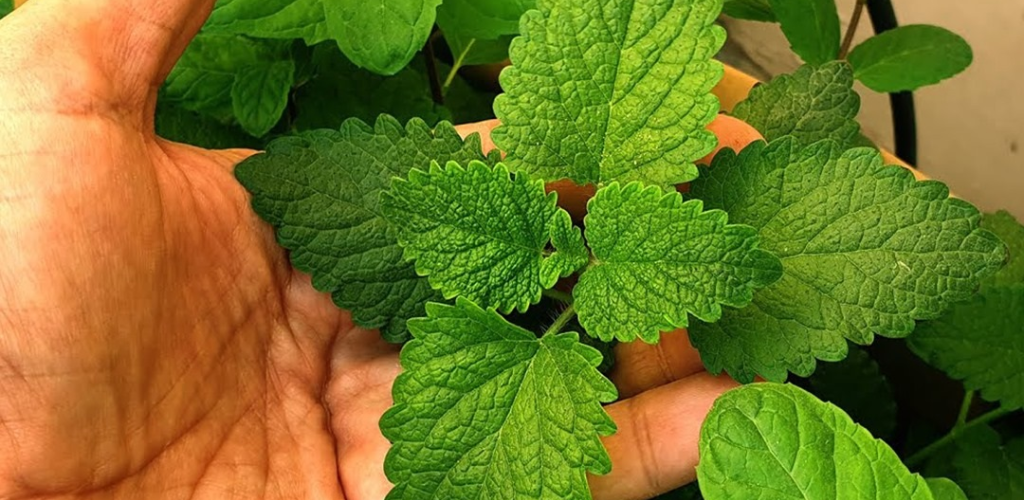03.11.2024
Mint is a Versatile Herb with Multiple Benefits
Mint, known for its refreshing aroma and invigorating flavor, is a versatile herb widely used across the world. From traditional medicine to modern cuisine, mint finds its place in many cultures due to its many health benefits and practical uses. Whether you grow it at home or buy it fresh from the market, this herb can easily be incorporated into your daily life. In this article, we will explore ten health benefits of mint, its various uses, and how to incorporate it into your daily routine.
10 Health Benefits of Mint
- Aids Digestion
Mint is known for its soothing properties on the digestive system. It helps relieve indigestion and bloating by relaxing the stomach muscles, facilitating better movement of food through the digestive tract. - Relieves Respiratory Problems
Menthol, an active compound found in mint, acts as a natural decongestant. It helps clear the airways, making breathing easier. Mint tea or mint steam inhalation can be particularly helpful in cases of colds or allergies. - Promotes Oral Health
Mint’s antibacterial properties make it an essential ingredient in toothpastes and mouthwashes. It helps eliminate bacteria that cause bad breath while providing a long-lasting feeling of freshness. - Strengthens the Immune System
Rich in antioxidants such as vitamin C and A, mint helps protect the body against oxidative stress and supports the immune system in fighting infections and diseases. - Reduces Stress and Anxiety
The soothing aroma of mint has relaxing effects on the mind. Breathing in its scent can reduce stress and anxiety, while drinking mint tea helps relax the body and mind, promoting a sense of calm.
- Improves Skin Health
With its anti-inflammatory and antibacterial properties, mint is a great natural remedy for acne and other skin conditions. Its cooling effect also helps soothe irritation and itching. - Promotes Weight Loss
Mint stimulates digestive enzymes, which helps the body better absorb nutrients while converting fat into energy. By adding mint to your diet, you can control your appetite and reduce food cravings. - Improves Memory and Cognitive Function
Studies have shown that the aroma of mint can improve memory and concentration. Chewing peppermint gum or using peppermint essential oil can help increase focus and alertness.
- Relieves Headaches
Peppermint essential oil, when applied to the temples or inhaled, can relieve headaches, especially migraines and tension headaches. Its cooling and relaxing effect quickly soothes pain. - Natural Insect Repellent
The powerful scent of peppermint is a natural repellent for mosquitoes, ants, and other insects. Planting peppermint in your garden or using peppermint oil in your home can help keep pests away without chemicals.
5 Unique Uses for Peppermint and How to Incorporate Them
- Peppermint Tea
Peppermint tea is a simple yet effective way to enjoy the benefits of peppermint. To make it, steep a few fresh or dried peppermint leaves in boiling water for 5 to 10 minutes. This tea can be enjoyed hot or cold, with a little honey or a slice of lemon for added flavor. - Mint Sugar
Mint sugar can be used to add a refreshing touch to your desserts and drinks. Mix finely chopped mint leaves with sugar and let it dry. Use this flavored sugar to sweeten your tea, sprinkle on fresh fruit or garnish pastries.
- Mint Syrup for Drinks
Make a mint syrup to give your drinks a fresh and sweet taste. Mix 3 cups of sugar with 1.5 cups of water in a saucepan and heat until the sugar dissolves. Add fresh mint leaves and simmer for 15 minutes. Let cool, strain and store in a sterilized bottle. Use this syrup to flavor lemonade, cocktails or sparkling water. - Mint Infused Oil
Mint infused oil is great for cooking or as a relaxing massage oil. Fill a mason jar with
